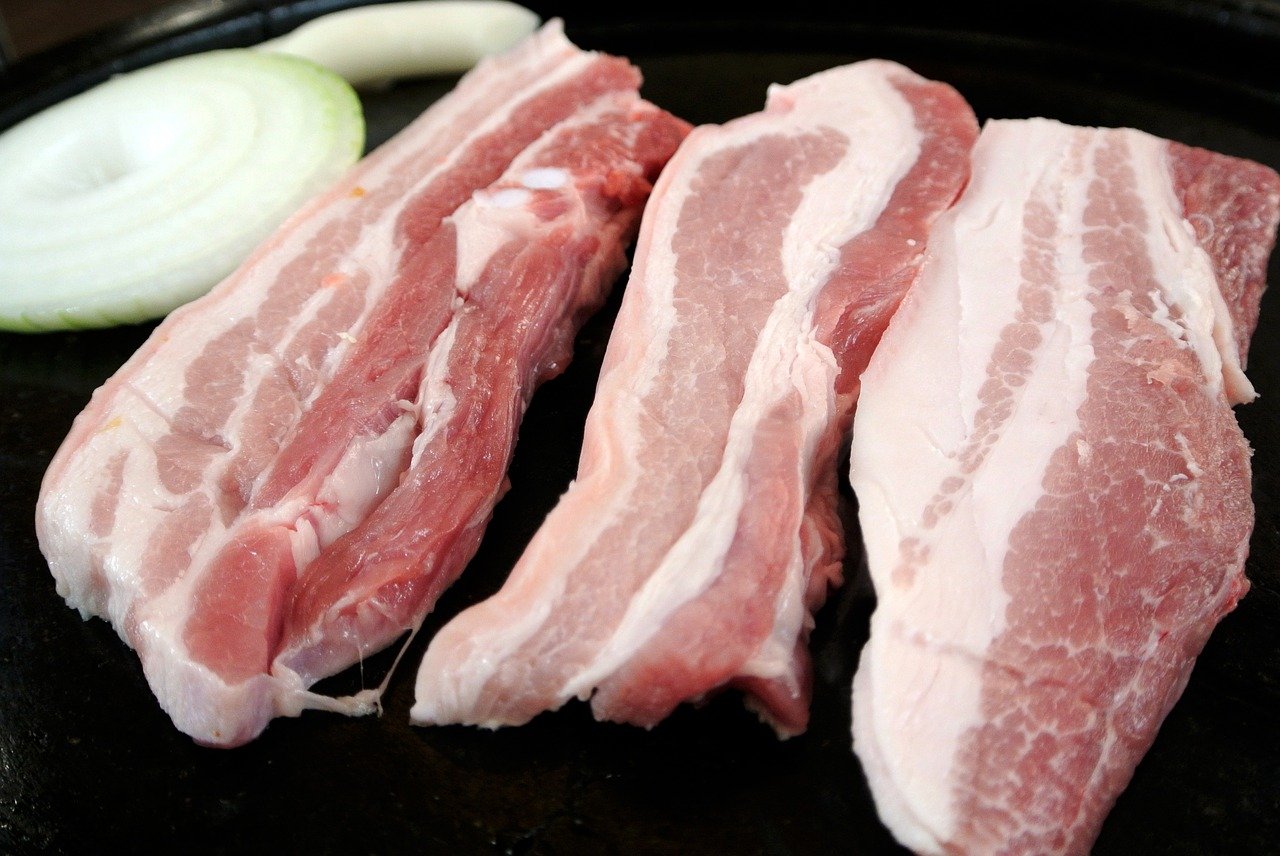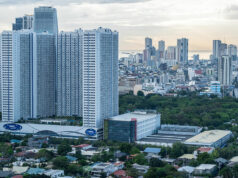Pork prices expected to remain high despite EO lowering tariffs

PORK PRICES are expected to remain high despite the issuance of Executive Order (EO) No. 128, which lowered tariffs on imported pork products, the United Broiler Raisers Association (UBRA) said.
UBRA President Elias Jose M. Inciong said in a position paper filed with the Senate that imports since the Philippines’ adoption of World Trade Organization rules have failed to make domestic producers more competitive and efficient, with their costs remaining high.
“The stated purpose of EO 128 to bring down pork prices to affordable levels and dampen inflation will not happen,” Mr. Inciong said.
“The animating mindset in the last 25 years since we acceded to the World Trade Organization (WTO) in 1995 has been that imports will lead to low retail prices for consumers and at the same time, it will force producers to become competitive. In agriculture, this certainly did not happen,” Mr. Inciong said.
“Retail prices have remained expensive for consumers because of a disconnect with farmgate prices and even with imports,” he added.
Citing data from the Bureau of Animal Industry, Mr. Inciong said pork imports rose 150.7% to 110.419 million kilograms in the first quarter of the year even without the tariff cuts.
EO 128 was signed by President Rodrigo R. Duterte on April 7, lowering the tariffs on imported pork falling within the minimum access volume (MAV) quota to 5% in the first three months, increasing to 10% in the following nine months.
The order also reduced the tariffs on out-of-quota pork imports to 15% in the first three months, and to 20% in the succeeding nine months.
Previously, pork imports within the MAV quota were charged 30%, while out-of-quota imports paid 40%.
MAV refers to agricultural commodity quota that can be imported at low tariffs under the WTO system.
Agriculture Secretary William D. Dar also recently set a suggested retail price (SRP) for imported pork products, with pork shoulder or kasim at P270 per kilogram, and pork belly or liempo at P350 per kilogram. No SRPs were set for domestic pork products.
According to Mr. Inciong, the SRP for imported pork products is not cheaper than the prevailing prices, adding that the government should maintain the previous tariff rates instead.
“If this is the expected retail price after reducing the tariff for pork, then there is no improvement in the situation of our consumers. Since there will be no significant change in retail prices, why forego badly needed revenue by reducing tariffs on imported pork?” Mr. Inciong said.
On April 15, Acting Socioeconomic Planning Secretary Karl Kendrick T. Chua said during a hearing of the Senate Committee of the Whole that increased pork imports will not “kill” the hog industry as volumes will ultimately be limited by the lack of cold storage facilities.
Mr. Chua added that if supply is augmented with imports, full-year inflation is projected to fall 0.4 percentage points to 3.8%, which is within the central bank’s target of 2% to 4%.
The Department of Agriculture has estimated a supply deficit in pork of around 400,000 metric tons (MT) due to the effects of African Swine Fever on the hog inventory.
As a result, Mr. Duterte recommended that Congress increase the pork MAV allocation by 350,000 MT, on top of the current 54,210 MT quota. — Revin Mikhael D. Ochave



